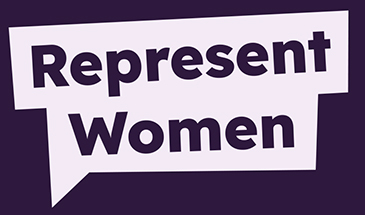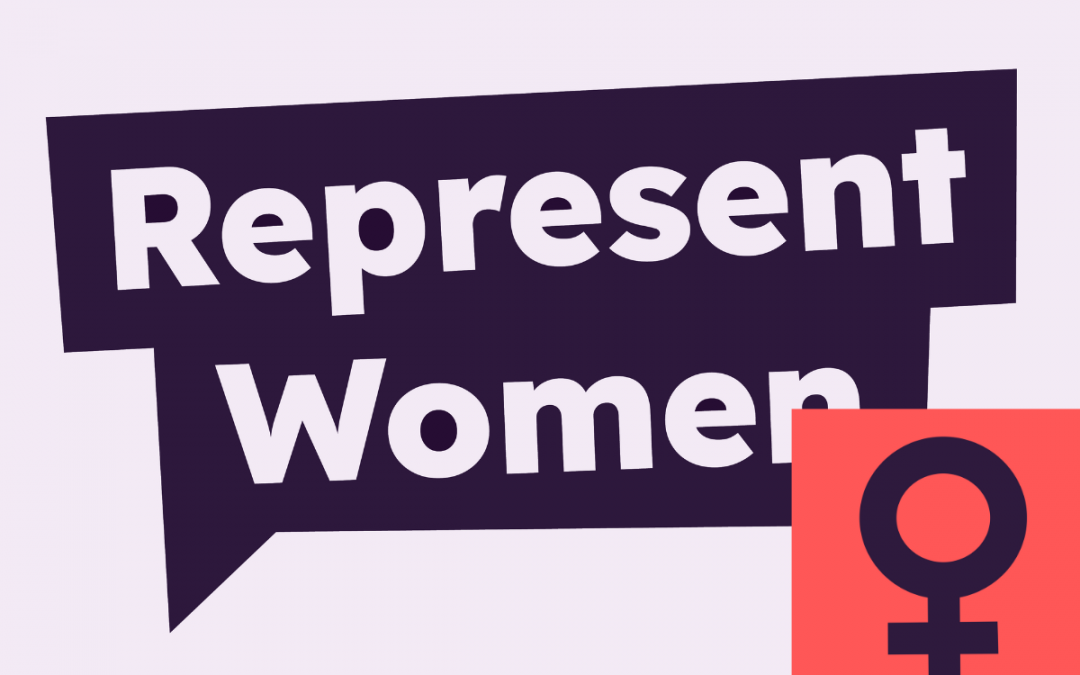Erin Parker Leonard, Director of Policy and Advocacy at Represent Women, recently volunteered for one of the first Women’s Rough Sleeping Census in the North East.
A Regional First
The end of September saw the region’s first Women’s Rough Sleeping Census take place, led by Shelter North East in Newcastle with Oasis Community Housing taking the lead in South Tyneside and Gateshead. A diverse group of volunteers joined outreach teams, and many voluntary organisations and statutory services were recruited to support with the project. Shelter led the delivery of comprehensive training to all involved.
Read the 2024 Women’s Rough Sleeping Census here: Women’s Rough Sleeping Census – Single Homeless Project
Why do we need the census?
Women’s homelessness is often hidden. To stay safe, many avoid being visibly homeless, seeking refuge in places like buses, hospital waiting rooms, or 24-hour cafes. But this invisibility means they’re often excluded from the annual rough sleepers count.
As a result, official statistics fail to capture the full picture. The reality is that far more women are sleeping rough than the numbers from traditional counts suggest. Traditional counts rely on visual observation and official records on one night a year.
Women’s Census: Uses qualitative and community-based methods and information is collected over a week. This includes organisations and services conducting interviews with women with lived experience and outreach shifts over the whole week instead of just one night. It also relies on input from frontline workers and organisations and outreach sessions delivered over a week conducted by staff and volunteers.
On the Ground Reflections – Erin Parker Leonard, Director of Policy and Advocacy
There was a heaviness to the task, knowing we were actively seeking out women in extremely difficult and vulnerable situations. It wasn’t easy, but it mattered. It’s an experience that is both sobering and essential.
I was buddying with Jasmine, a Housing Rights worker from Shelter North East. We had lots of valuable conversations about why we do the work we do. We also discovered we’d both worked at Tyne Housing – although my stint there was over ten years ago!
At Represent Women, my current role is more behind the scenes – focused on policy and strategy in support of the women and girls sector in the North East.
Today served as a powerful reminder of why my work matters so deeply to me. It brought me back to my earlier frontline roles, where I was directly connected to the lived realities of women navigating systems, often with unmet needs and experiencing trauma.
This opportunity has been invaluable, not just professionally, but personally. It’s allowed me to reconnect with those at the sharpest edge of systemic injustice.
One conversation in particular stayed with me. One woman explained her feelings of hopelessness, she knew her situation wasn’t right, and she had been let down. That moment reminded me why we must keep pushing for change, not just in policy, but in practice too.
Another observation was the conversations we had with staff members from various organisations and establishments, from churches to train stations. Their concerns and their genuine connections with the women they come across were clear. They cared, but they didn’t know what they could do to help. What they offered in their interactions was the basic human connection and kindness that everyone deserves.
It was fantastic that Helen Richardson spent time and showed a clear passion and empathy for this issue in her news report for the BBC.
The next steps and what this means for our region:
This women’s census is vital for our region’s women and girls and the women and girls sector. There will be valuable data gathered which will be able to be used to inform gender-responsive services, challenge systemic invisibility, and advocate for:
- Safer housing options
- Specialist support services for women
- Policy reform that reflects women’s realities
- A more connected regional approach
Represent Women will also continue to advocate for more funding and acknowledgement of the vital role that led by and for women’s sector organisations and refuges in the North East play in supporting women who are experiencing homelessness and other unmet needs.
One of the aims of the Women’s Homelessness Alliance is to get all Local Authorities in the region to sign up in 2026. With the momentum that Shelter North East and Oasis Community Housing have made, I think this is highly possible. Watch this space!
If you want to encourage your local council to take part next year you can find a draft motion and a guide to bringing a motion to council Represent Women Resources

